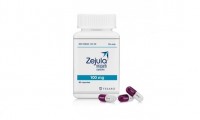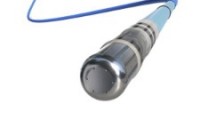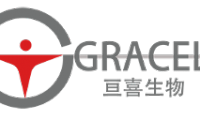-
GSK tees up AstraZeneca rivalry with positive Jemperli-Zejula readout in endometrial cancer
- Source: drugdu
- 190
- December 20, 2023
-
J&J’s Biosense Webster treats first patients in dual-energy AFib ablation trial
- Source: drugdu
- 584
- December 18, 2023
-
Merck and Moderna to Launch Trial of mRNA-4157 Plus Keytruda in Non-Small Cell Lung Cancer
- Source: drugdu
- 95
- December 13, 2023
-
Lilly’s Jaypirca blazes leukemia trail with FDA nod, fast confirmatory trial filing
- Source: drugdu
- 95
- December 6, 2023
-
EU’s IVD guidelines continue affecting early clinical work
- Source: drugdu
- 95
- December 4, 2023
-
Phase 3 Trial for GSK’s Blenrep Yields Positive Results in Relapsed or Refractory Multiple Myeloma
- Source: drugdu
- 102
- December 2, 2023
-
Bayer’s stock drops to new 18-year low after asundexian trial termination
- Source: drugdu
- 107
- November 30, 2023
-
Acelyrin claims errors by CRO Fortrea led to late-stage trial downfall
- Source: drugdu
- 232
- November 30, 2023
your submission has already been received.
OK
Subscribe
Please enter a valid Email address!
Submit
The most relevant industry news & insight will be sent to you every two weeks.













